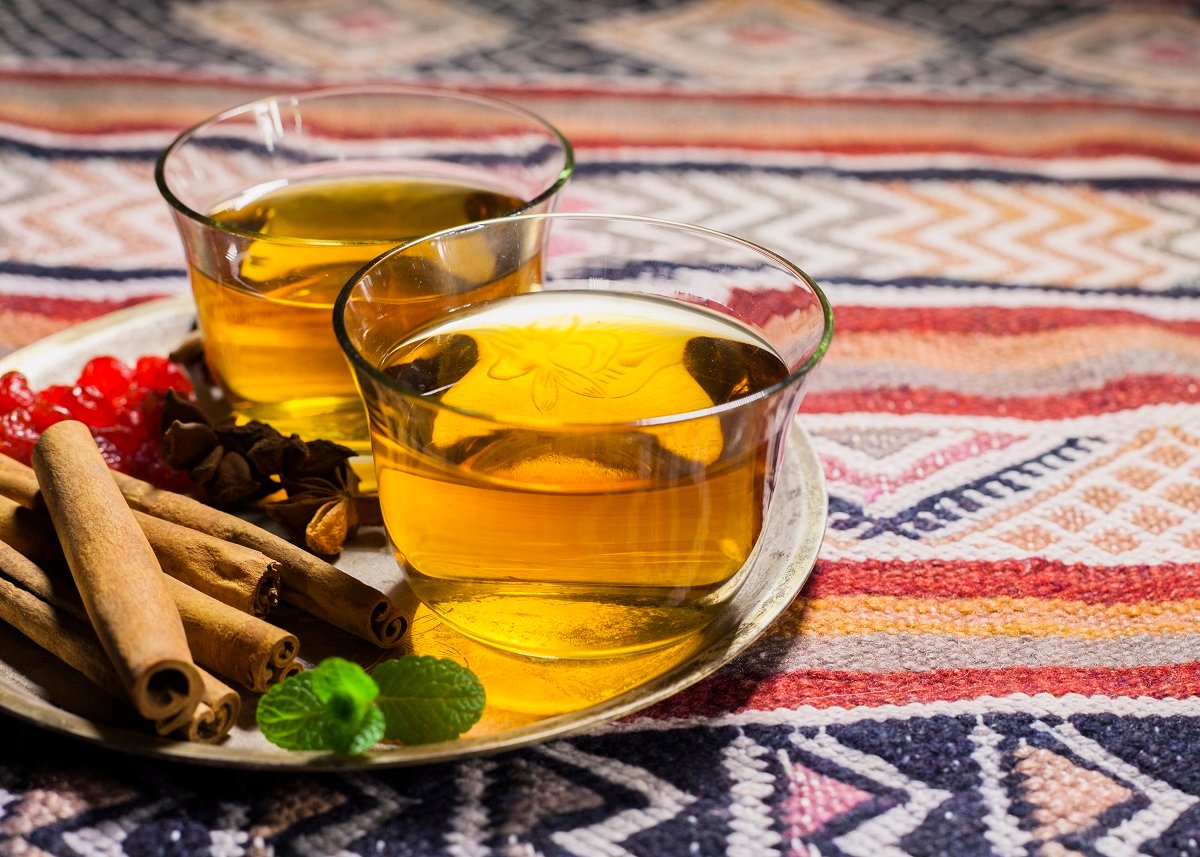introduction
Hunza Herbal Honey is a type of honey produced in the Hunza Valley, the northernmost region of Pakistan. Hunza herbal honey is known for its unique taste and many health benefits. It has a reputation as a quality alternative to the many types of honey found in supermarkets. In this article, we explore the history and production of Hunza honey and examine its potential health benefits and environmental impact. We will also discuss the cultural significance of this delicious treat in Pakistani traditions and cuisine.
History and Production of Hunza Herbal Honey
The Hunza Valley is a beautiful area in the province. Pakistan’s Gilgit-Baltistan, at the foothills of the Karakoram Mountains, is known for its beautiful scenery and the yield of crops such as apricots, apples, and wheat, but the region is perhaps most famous for its honey. which is known for its unique taste and high quality.
Traditional honey production methods in the Hunza Valley involve the use of beehives made from natural materials such as wood and clay. Bees are allowed to roam freely and collect nectar from various flowers found in this region. The height of the honeycomb and the type of flowers the bees visit can greatly influence the taste and quality of the honey produced.
The global honey industry is a billion-dollar industry. A large amount of honey usually comes from different places. Herbal honey, on the other hand, is produced in a traditional way and is often sold as a single product. Combined with a unique taste and high-quality honey. This makes Hunza herbal honey a popular choice for consumers looking for a healthier and more natural alternative to mass-produced honey.
Health Benefits of Hunza Herbal Honey
Hunza Herbal Honey is a nutritious food rich in vitamins and minerals such as vitamin C, calcium, and iron. It is also a good source of antioxidants that protect the body against the harmful effects of free radicals. Compared to other types of honey, herbal honey can contain more nutrients. This is due to the variety of flowers visited by bees and the unique conditions of the Hunza Valley.
Besides the nutritional value, Hunza herbal honey is also believed to have several health benefits when consumed regularly. This includes improved immune function and better digestion. However, it is important to note that the use of Hunza herbal honey as a remedy should be treated with caution. This is because consuming too much can lead to negative effects such as weight gain and elevated blood sugar levels.
Environmental impacts of Hunza herbal honey production
Honey production, both on a small scale and on an industrial scale, can have a significant impact on the environment. Traditional honey production methods, such as those used in the Hunza Valley, generally have less impact on the environment than industrial methods. This is because traditional methods use natural materials and do not use pesticides or other chemicals.
However, the honey production industry has caused several negative environmental impacts. Large-scale beekeeping often relies on the use of pesticides and other chemicals. This can be harmful to bees and the environment. Globally, it can cause greenhouse gas emissions.
Cultural Significance of Hunza Herbal Honey
Honey has played an important role in Pakistani culture and cuisine for centuries. It is often used as a natural sweetener in traditional foods such as halvah and is said to have medicinal properties. Hunza honey in particular is highly valued for its unique taste and high quality.
Summary
In short, Hunza herbal honey is a delicious and nutritious alternative to bulk honey. Produced in the traditional way in the beautiful Hunza Valley in Pakistan. It is known for its unique taste and many health benefits. Although the production of honey affects the environment. But traditional methods, such as those used in the Hunza Valley, generally have less impact on the environment than industrial methods. Finally Hunza herbal honey holds a special place in Pakistani culture and cuisine.
Hunza honey is an important addition to the global food industry. And it’s a delicious and healthy alternative for consumers looking for a natural alternative to mass-produced honey. Because the demand for high-quality, sustainably produced food continues to grow. It is interesting to see the future of herbal honey and its place in the world market.


